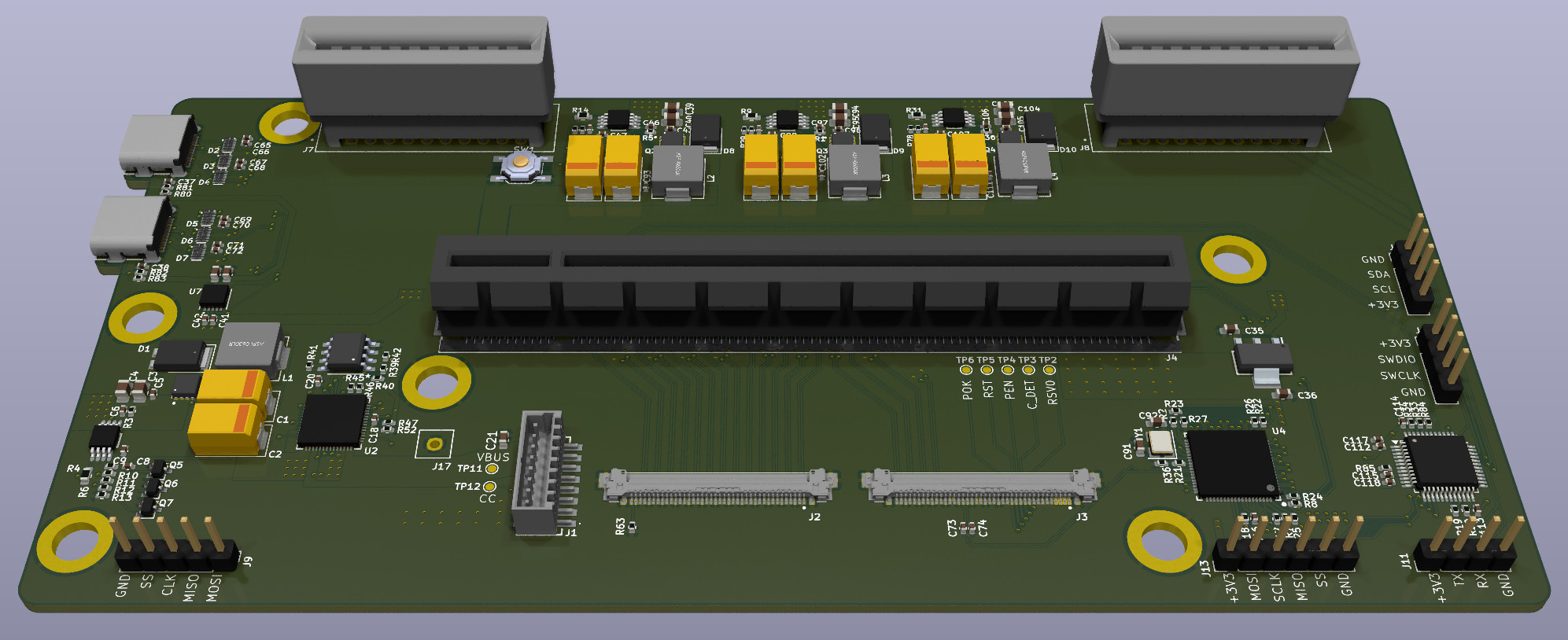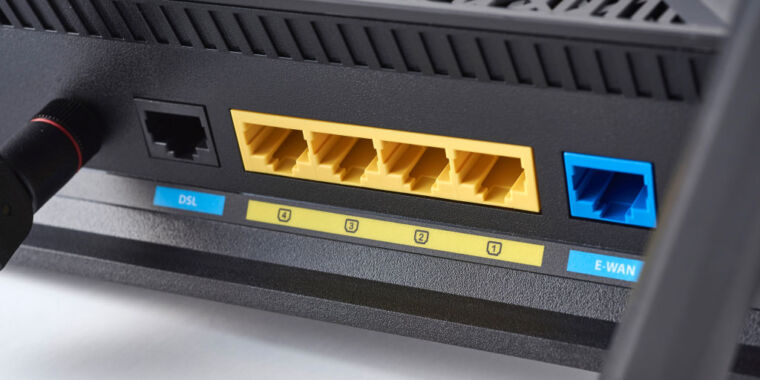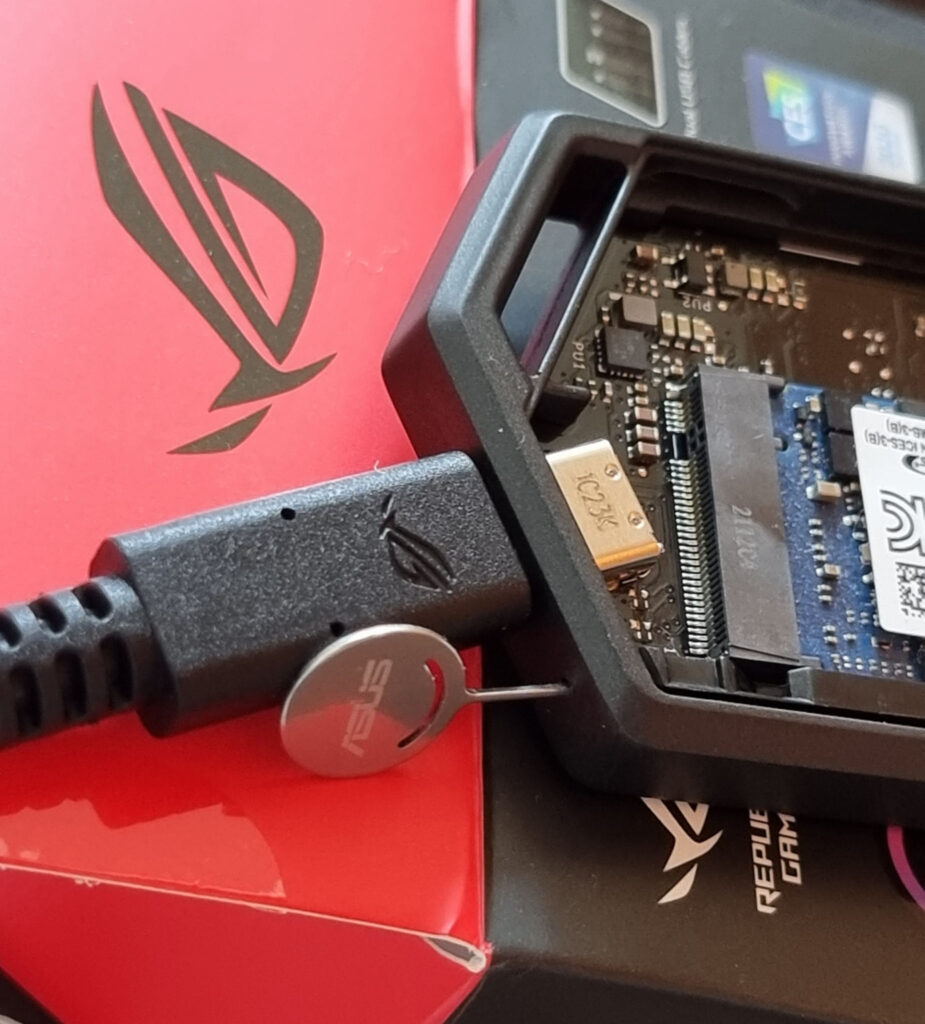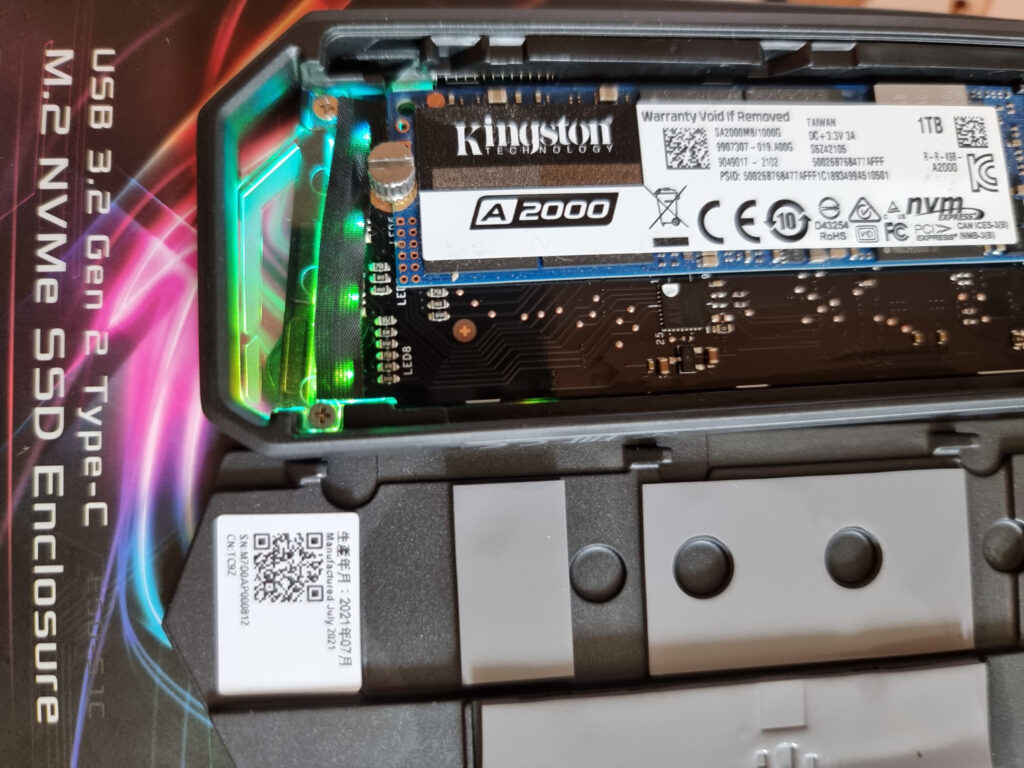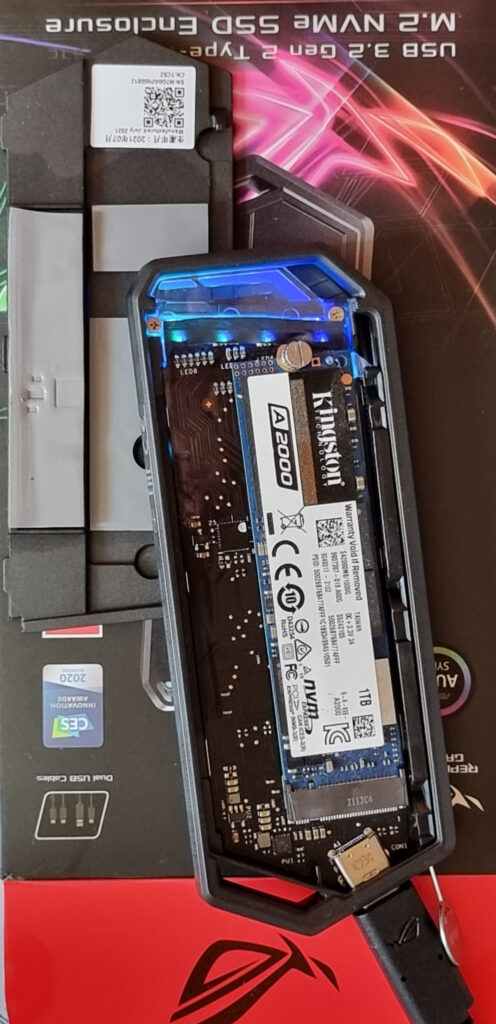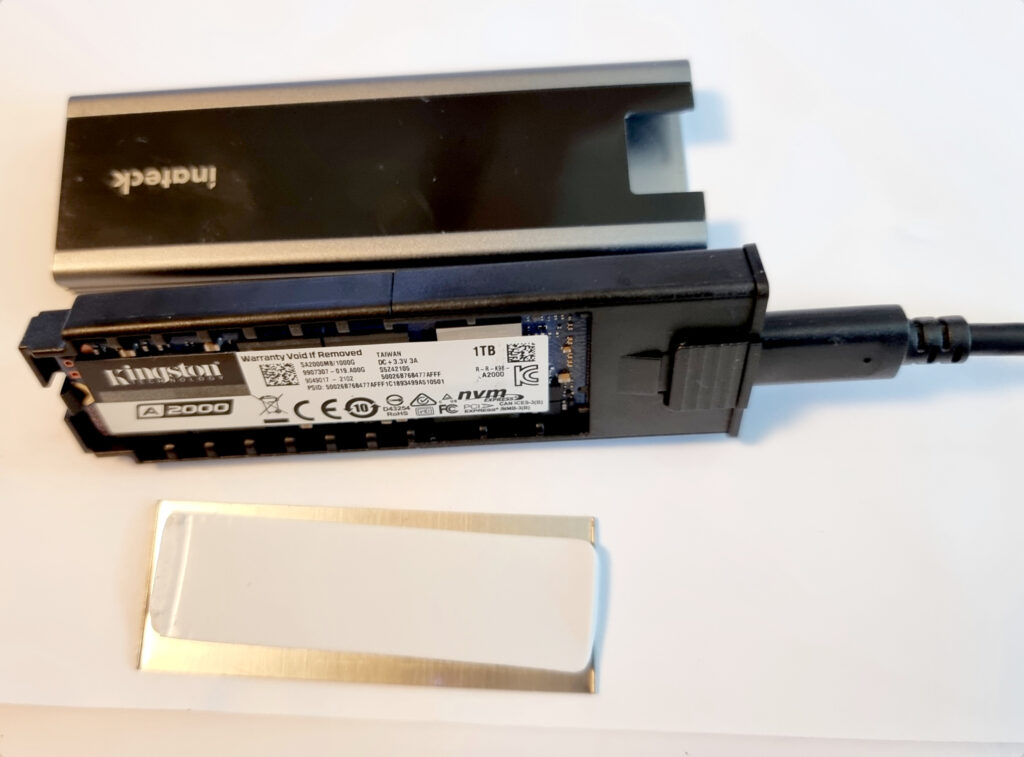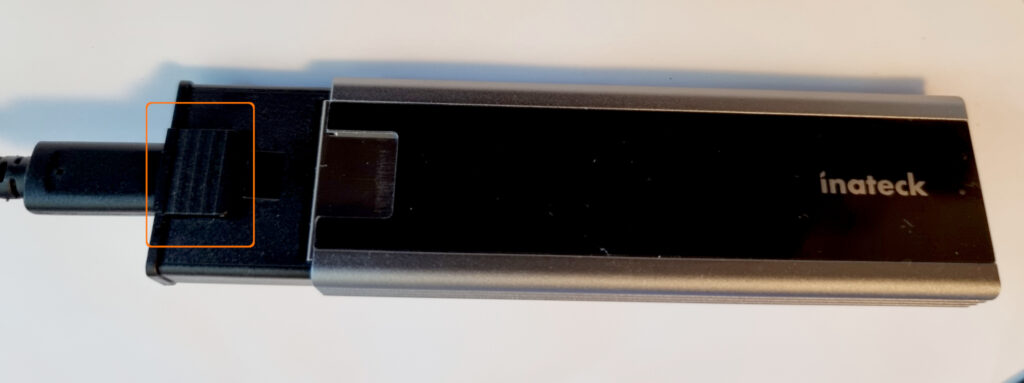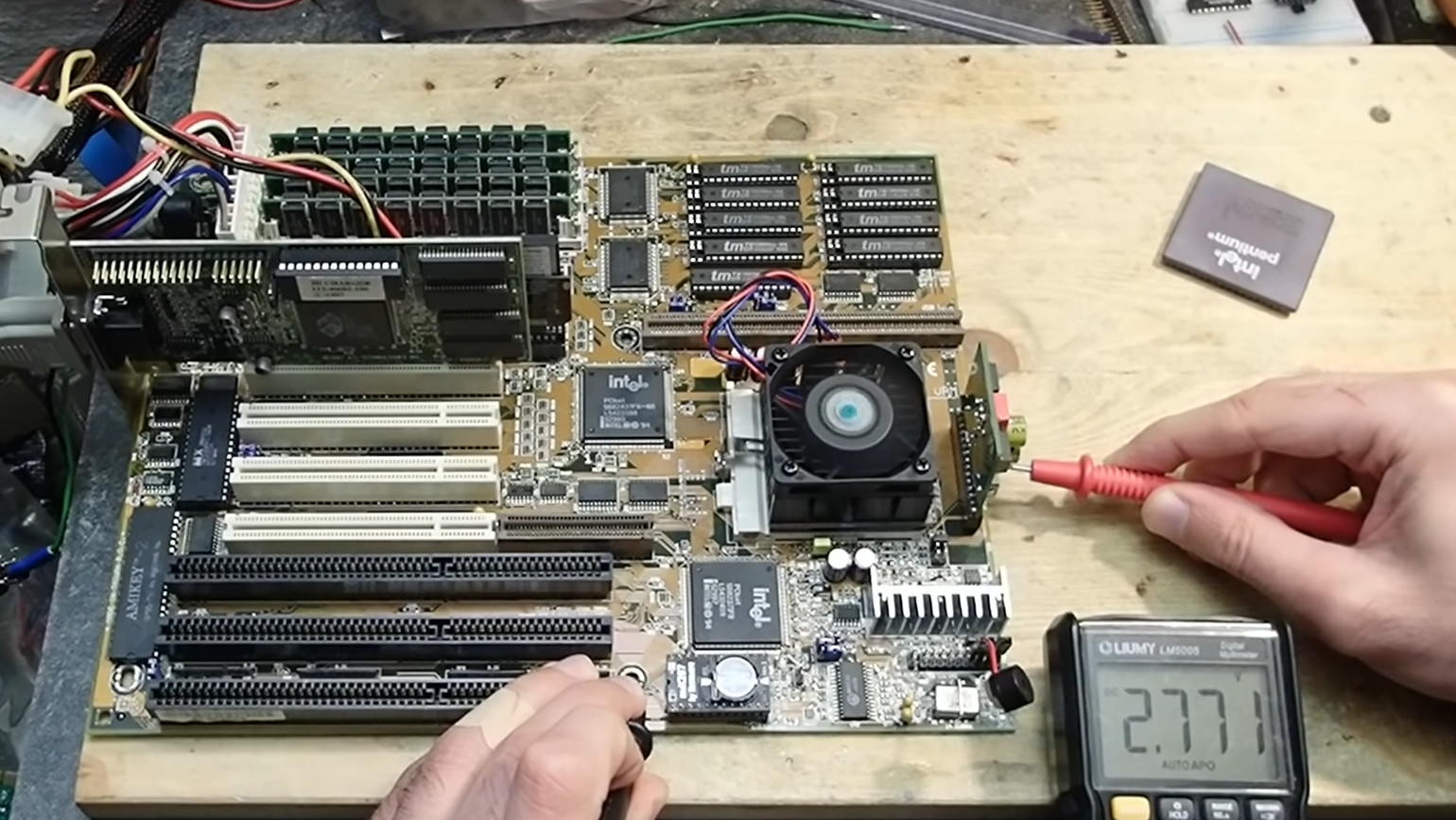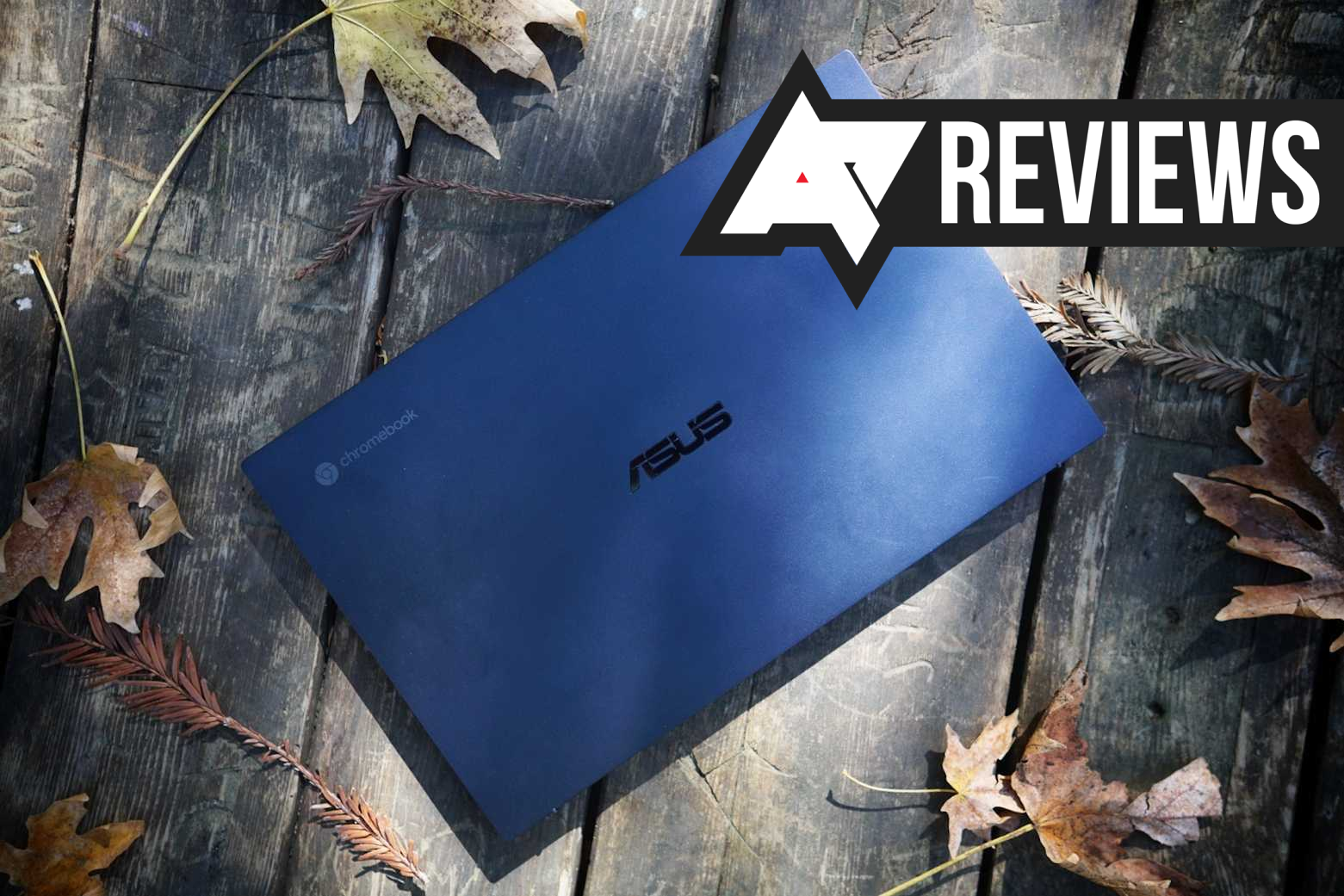2 Likes
#asus
https://www.dedoimedo.com/computers/eeepc-2024.html
My Asus eeePC still rocks in 2024 (with MX Linux)
Long long ago, in a galaxy far ... Nah. Back in 2010, I got myself a netbook. It was an Asus eeePC thing, small, robust, lovely, and reasonably priced. Fast forward a good decade, I've used it everywhere. Inside and outside, in rough outdoor conditions, and it's survived a dozen business trips with pride. Practical use, too, including mail, browsing, music, videos, writing books, everything you can imagine.
Over the years, though, its tiny, super-ancient processor started lagging behind the (mostly unnecessary) growth in computing demands for ordinary things. My last endeavor with this box was around 2019. I installed MX Linux 18 on it, and this fine, frugal distro gave it a fresh breath of life and relevance. I wasn't sure how much longer the system would receive updates, and what to do once that episode ended. Well, as it turns out, just when I thought it might be time to retire the eeePC, it snapped its red clamshell cover and shouted: I ain't dead yet. Well, let's talk about it, shall we?
5 Likes
2 Comments
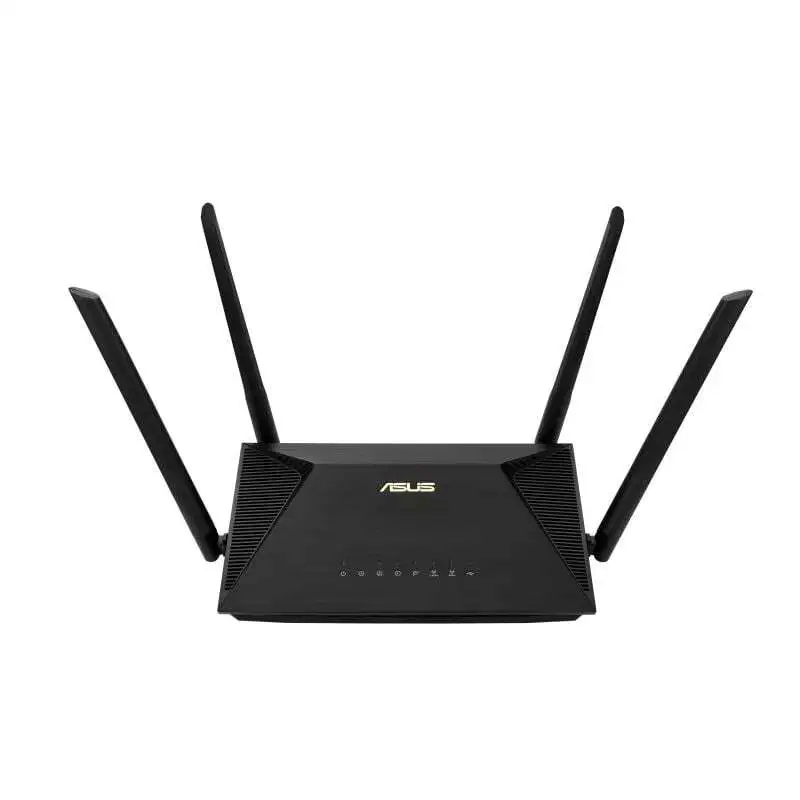
A €57 router from ASUS did the job that $240 router could not do
Took 30 minutes to configure and setup the WiFi, VPN, DMZ and filesharing system on it and the speed is significantly higher than others.
My neighbors going to love my WiFi IDs
Stop Genocide In Gaza
And
Boycott Israel NOW
Didn't know my phone supports WiFi 6 and wpa3. Good to know.
2 Likes
3 Comments
One person like that
5 Likes
Downtown Doug Brown » What happened with ASUS routers this morning? https://www.downtowndougbrown.com/2023/05/what-happened-with-asus-routers-this-morning/
Need to keep an eye on this. My parents have an Asus router, but I flashed it with tomato firmware.
#asus
3 Likes
ASUS ZENBOOK S 13 OLED REVIEW: THE MACBOOK AIR ALTERNATIVE
https://www.theverge.com/23303084/asus-zenbook-13-s-oled-2022-review-ryzen-6000-specs-features-price
2 Likes
#Asus #Zenfone9 Unboxing & First Look - Best compact flagship of 2022!? https://youtu.be/AVjzNw31RuY
#CosmicStrand #UEFI #malware found in #Gigabyte, #ASUS motherboards
Researchers at #cybersecurity company #Kaspersky called it CosmicStrand but an earlier variant of the threat was discovered by malware analysts at #Qihoo360, who named it #Spy Shadow #Trojan.
One person like that
the idea was:
- the user has computers, that allow for easy harddisk or NVMe swaps
- installation X is on NVMe1, installation Y is on NVMe2
- or the user want’s to reinstall on a new harddisk, USB connecting the old harddisk, to restore files to the new harddisk
for this just as USB-SATA adapters an USB-NVMe adapter had to be found.
So gave the “Rog Strix Arion” by ASUS a shot.
- the pros:
- makes NVMe work like an USB Stick
- it says “initialize your blank ssd before use” (the terms NVMe and SSD start to get confusing)
- but it is also possible to read an already “initialized” (partition table, formatted) NVMe
- but it might be not the ideal choice for that use, more USB-Stick-NVMe kind of use
- fast
- solid heavy metal casing that distributes heat (those NVMe chips can become pretty hot)
- nice LED light show
- makes NVMe work like an USB Stick
- cons:
- open and closing it could be less of an effort
how to open this thing?
the user needs a pin.
hm…. and this won an Design Award in 2020?
Imho this makes things too complicated, as if there is no pin, there is no possibility to easily swap NVMes in and out of the NVMe-USB adapter.
benchmark performance:
USB 3.0 connected, it is fast. no doubt about it. ~430MBytes/sec kind of fast.
time <a href="https://dwaves.de/2020/11/13/gnu-linux-basic-harddisks-benchmarks-ssds-kingston-skc600512g-vs-samsung-ssd-850-pro-vs-samsung-ssd-860-evo-vs-samsung-ssd-870-evo-1tb-ntfs-vs-ext4-how-fast-are-virtual-harddisks/">/scripts/bench/bench_harddisk.sh</a>
=== harddisk sequential write and read bench v1 ===
starting test on the device that holds the current directory the user is in
no need to run it as root
========== writing 3GB of zeroes ==========
0+1 records in
0+1 records out
2147479552 bytes (2,1 GB, 2,0 GiB) copied, 5,87549 s, 365 MB/s
real 0m5,919s
user 0m0,000s
sys 0m1,927s
========== reading 6GB of zeroes ==========
0+1 records in
0+1 records out
2147479552 bytes (2,1 GB, 2,0 GiB) copied, 4,94441 s, 434 MB/s
real 0m4,993s
user 0m0,000s
sys 0m2,000s
========== tidy up remove testfile ==========
real 0m10,983s
user 0m0,001s
sys 0m3,997s
So Asus planned for the user to install an NVMe and then use it like a USB Stick (no user will ever change the FlashChips of an USB Stick?)
also closing the device seems to be pretty hard… as the mechanism does not want to snap (again, this actually WON an design award? “The looks are great, who cares if it works” kind of award?)
Ok it is possibly, that the case closes properly with other NMVes, but the KINGSTON SA2000M81000G (some parts of it might be “too high”?) X-D
Inateck M.2 NVMe 2 USB Adapter
so bought the “inateck” adapter for half the price of the ASUS Adapter.
binary comment
- 10 Gbit/s
- USB 3.2 Gen 2
- Type C & Type A Cable included (nice!)
- while changing NVMes is also not sooo comfortable (detaching/attaching cooling pad and metal plate, but simply with the bush of an button (orange square above) it can be opened)
- at least this time the NVMe “fit’s in”
- the speed is 2x twice as fast as the ASUS Adapter…
<span style="color: #00ffff;">
time /scripts/bench/bench_harddisk.sh</span>
=== harddisk sequential write and read bench v1 ===
starting test on the device that holds the current directory the user is in
no need to run it as root
========== writing 3GB of zeroes ==========
0+1 records in
0+1 records out
2147479552 bytes (2,1 GB, 2,0 GiB) copied, 3,44557 s, 623 MB/s
real 0m3,493s
user 0m0,000s
sys 0m1,885s
========== reading 6GB of zeroes ==========
0+1 records in
0+1 records out
2147479552 bytes (2,1 GB, 2,0 GiB) copied, 2,0635 s, 1,0 GB/s
real 0m2,104s
user 0m0,000s
sys 0m0,787s
========== tidy up remove testfile ==========
real 0m5,676s
user 0m0,002s
sys 0m2,745s
# rerun
real 0m5,406s
#linux #gnu #gnulinux #opensource #administration #sysops #hardware #review #nvme #usb #asus #Inateck
Originally posted at: https://dwaves.de/2022/06/14/hardware-review-usb-to-nvme-adapter-asus-usb-3-2-gen-2-type-c-m-2-nvme-ssd-to-usb-adapter-also-known-as-rog-strix-arion-vs-inateck-m-2-nvme-2-usb-adapter/
One person like that
the idea was:
- the user has computers, that allow for easy harddisk or NVMe swaps
- installation X is on NVMe1, installation Y is on NVMe2
- or the user want’s to reinstall on a new harddisk, USB connecting the old harddisk, to restore files to the new harddisk
for this just as USB-SATA adapters an USB-NVMe adapter had to be found.
So gave the “Rog Strix Arion” by ASUS a shot.
- the pros:
- makes NVMe work like an USB Stick
- it says “initialize your blank ssd before use” (the terms NVMe and SSD start to get confusing)
- but it is also possible to read an already “initialized” (partition table, formatted) NVMe
- but it might be not the ideal choice for that use, more USB-Stick-NVMe kind of use
- fast
- solid heavy metal casing that distributes heat (those NVMe chips can become pretty hot)
- nice LED light show
- makes NVMe work like an USB Stick
- cons:
- open and closing it could be less of an effort
how to open this thing?
the user needs a pin.
hm…. and this won an Design Award in 2020?
Imho this makes things too complicated, as if there is no pin, there is no possibility to easily swap NVMes in and out of the NVMe-USB adapter.
benchmark performance:
USB 3.0 connected, it is fast. no doubt about it. ~430MBytes/sec kind of fast.
time <a href="https://dwaves.de/2020/11/13/gnu-linux-basic-harddisks-benchmarks-ssds-kingston-skc600512g-vs-samsung-ssd-850-pro-vs-samsung-ssd-860-evo-vs-samsung-ssd-870-evo-1tb-ntfs-vs-ext4-how-fast-are-virtual-harddisks/">/scripts/bench/bench_harddisk.sh</a>
=== harddisk sequential write and read bench v1 ===
starting test on the device that holds the current directory the user is in
no need to run it as root
========== writing 3GB of zeroes ==========
0+1 records in
0+1 records out
2147479552 bytes (2,1 GB, 2,0 GiB) copied, 5,87549 s, 365 MB/s
real 0m5,919s
user 0m0,000s
sys 0m1,927s
========== reading 6GB of zeroes ==========
0+1 records in
0+1 records out
2147479552 bytes (2,1 GB, 2,0 GiB) copied, 4,94441 s, 434 MB/s
real 0m4,993s
user 0m0,000s
sys 0m2,000s
========== tidy up remove testfile ==========
real 0m10,983s
user 0m0,001s
sys 0m3,997s
So Asus planned for the user to install an NVMe and then use it like a USB Stick (no user will ever change the FlashChips of an USB Stick?)
also closing the device seems to be pretty hard… as the mechanism does not want to snap (again, this actually WON an design award? “The looks are great, who cares if it works” kind of award?)
#linux #gnu #gnulinux #opensource #administration #sysops #hardware #review #nvme #usb #asus
Originally posted at: https://dwaves.de/2022/07/04/hardware-review-usb-to-nvme-adapter-asus-usb-3-2-gen-2-type-c-m-2-nvme-ssd-to-usb-adapter-also-known-as-rog-strix-arion/
2 Likes
2 Comments
WikiDevi is a user-editable database for computer hardware based
https://wikidevi.wi-cat.ru/Main_Page
#2Wire #3Com #ALFA #Network #AMIT #ARGtek #ASUS #AVM #AboCom #Accton #Actiontec #Aerohive #AirVast Allnet #Networks #Ambit #Microsystems #Amigo #Amped #Wireless #Apple #Arcadyan #Arris #Aruba #Atheros #Aztech #AzureWave #B-LINK #Belkin #Billion #Brand #BroMax #Broadcom #Buffalo #CC&C #CNet #COMFAST #Cameo #CastleNet #Cisco #D-Link #Dell #DrayTek #Dynex #E-TOP #EDUP #Edimax #EnGenius Gemtek Gigabyte GlobalScale Global Sun #Linksys #MikroTik #Netgear #Netis Philips Planex Premiertek Proware Proxim #Qualcomm #Atheros #Ralink #Realtek #TP-LINK #TRENDnet #Ubiquiti #Xiaomi

Taiwanese personal computer maker #ASUS said on Monday that its shipments to #Russia are at an "effective standstill" and that it abides by international regulations, after an #Ukraine minister asked it to leave the country.
#RussiaInvadedUkraine
#StopRussianAgression
6 Likes
One person like that
1 Shares
#Asus #Chromebook CX9 Review: Too much of a good thing https://www.androidpolice.com/asus-chromebook-cx9-review/ "it’s about time you made an official app store for Linux."
#Testing The New #ASUS Platform Profile Support In Linux 5.15 • 𝖳𝗎𝗑 𝖬𝖺𝖼𝗁𝗂𝗇𝖾𝗌 ⇨ http://www.tuxmachines.org/node/156145 #GNU #Linux #TuxMachines
